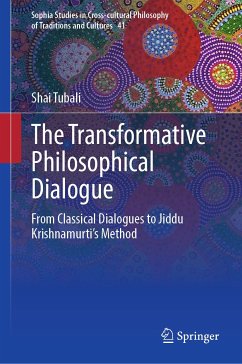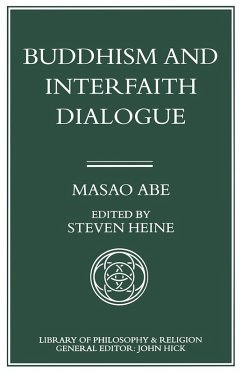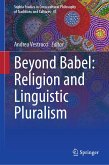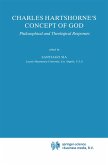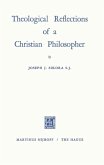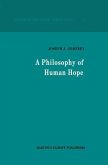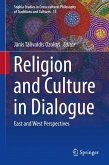Inspired by Pierre Hadot's revolutionary reading of the classical Greco-Roman texts, the author centers his attention on Plato's Socratic dialogues and the guru-disciple conversations inthe Hindu Upanishads, which fall within the scope of what may be termed 'the transformative dialogue': dialogues that have been written with the intention of bringing about a transformation in the mind of the interlocutor and reader and reorienting their way of life. This text appeals to students as well as researchers and suggests that the Krishnamurti dialogue is not only a continuation and development of the transformative dialogue, but that it also amalgamates ingredients of classical Western philosophy and South Asian mysticism. Moreover, this type of dialogue encourages readers to revisit the lost practice of transformative philosophy, in that it reveals new pathways of philosophical and religious inquiry that bear thought-provoking practical implications.
Dieser Download kann aus rechtlichen Gründen nur mit Rechnungsadresse in A, B, BG, CY, CZ, D, DK, EW, E, FIN, F, GR, HR, H, IRL, I, LT, L, LR, M, NL, PL, P, R, S, SLO, SK ausgeliefert werden.

